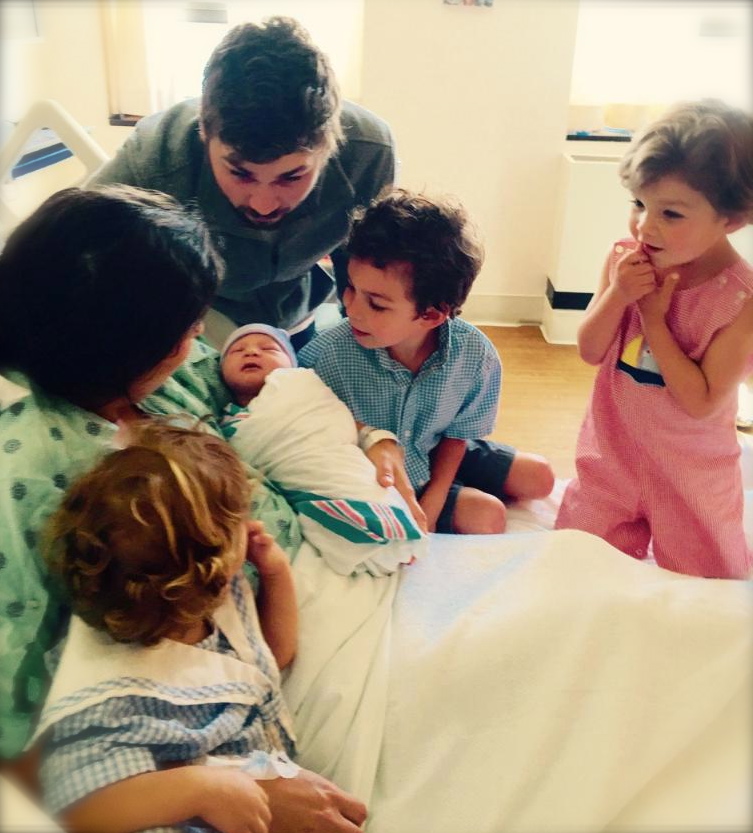Dear Friends, The following reflection is not meant to be a judgment about anyone receiving communion. I am simply wondering what is lacking in our evangelization efforts, and how we can better communicate the love of Christ to Catholics. I would love to hear your views.
Blessings and Grace!
Judy
We need to be humble and realistic, acknowledging that the way we present our Christian faith and treat other people has contributed to today’s problematic situation. We need a healthy dose of self-criticism. Pope Francis, Amoris Laetitiae, par. 36
The entire time the discussion has ensued over divorced and remarried Catholics being admitted to Holy Communion, there have been two burning questions in my head that I’ve longed for someone to ask out loud: What percentage of all Catholics who present themselves for Communion are, objectively, in a state of grave sin? And why isn’t the Church’s leadership talking about this enormous problem, which is surely much more massive numerically than the amount of divorced and remarried people receiving Communion?
Stated otherwise, how many Catholics who receive Communion are actively watching porn, practicing contraception, sleeping with and/or living with their boyfriends/girlfriends, having affairs, having abortions and living in a manner that is incompatible with the moral teachings of the Church? And why has so much attention been focused on the issue of divorced and remarried Catholics while the enormous elephant in the Church—the fact that statistics demonstrate that most Catholics do not follow the Church’s moral teachings—has been largely ignored? Furthermore, what’s at the root of this important problem?
I grew up Catholic in the 60’s and 70’s and was educated in Catholic schools from kindergarten through college. Like so many others of my generation, I learned little to nothing about Catholic teaching and ultimately graduated college as an agnostic—which, in retrospect, was slang for “a practicing pagan.” I had adopted the beliefs and lifestyle of the prevailing culture, much like we are seeing in the lives of so many Catholics today.
Indeed, there was a serious problem with catechesis, a problem that has undergone a major course correction thanks to the pontificates of St. John Paul II and Pope Emeritus Benedict XVI. But the deeper issue was not that I’d failed to learn the teachings and rules of the Catholic Church. The real problem was that I had not met Jesus Christ and had no relationship with him. Personally encountering Christ was and is the crux of the Christian faith, and I believe this insight is what drives Pope Francis in his tireless summons for people to encounter the tender mercy and love of God.
It sounds sloganish, but how many Catholics have failed to embrace a personal relationship with Jesus Christ? How many Catholics have been sacramentalized without being evangelized, leaving them in a state of “cultural Catholicism” wherein they take comfort in the rituals and holidays of the Church without surrendering to the life-changing, soul-transforming power of the living God?
That was certainly my story, and it took being invited to an evangelical Christian church by an ex-Catholic for that to change. How grateful I remain for that blessed day when I was clearly challenged to welcome Jesus into my heart as the Lord of my life! My life has never been the same.
I wish my experience was unique, but I’ve seen this scenario play out in the lives of numerous baptized Catholics I’ve known, with a few, like me, eventually making our way back to the Catholic Church (usually due to a hunger for the Eucharist.) Many evangelical churches are filled with ex-Catholics who will tell you that they left the Catholic faith because they got “religion without relationship,” in other words, because they never came to an intimate, personal relationship with God as Catholics. This is nothing short of tragic.
I received a call not long ago from the head of the theology department at the Catholic college where I taught moral theology for seven years. “I asked some of the students which course they took at this school that changed their lives,” he shared. “A number of them said yours.” The reason? I introduced my students to the God of Jesus Christ; the God who loves us personally and passionately, the God reaches out to us with his great mercy, the God wants to have an intimate love relationship with each of us—the Lord who wishes to transform our very hearts and lives with his infinite, inestimable power.
In teaching the students about the moral life, I conveyed the message of St. John Paul II:
Following Christ is thus the essential and primordial foundation of Christian morality…this is not a matter only of disposing oneself to hear a teaching and obediently accepting a commandment. More radically, it involves holding fast to the very person of Jesus, partaking of his life and his destiny, sharing in his free and loving obedience to the will of the Father. Pope John Paul II, Veritatis Splendor, par. 19.
Holding fast to the very person of Jesus. This is the essence of the Christian faith, the foundational truth that must be communicated to Catholics today if we are to see the Church healed of the many moral issues it faces--the tip of the iceberg which is divorced and remarried Catholics receiving Communion.
Note: This article was previously published on Aleteia.











